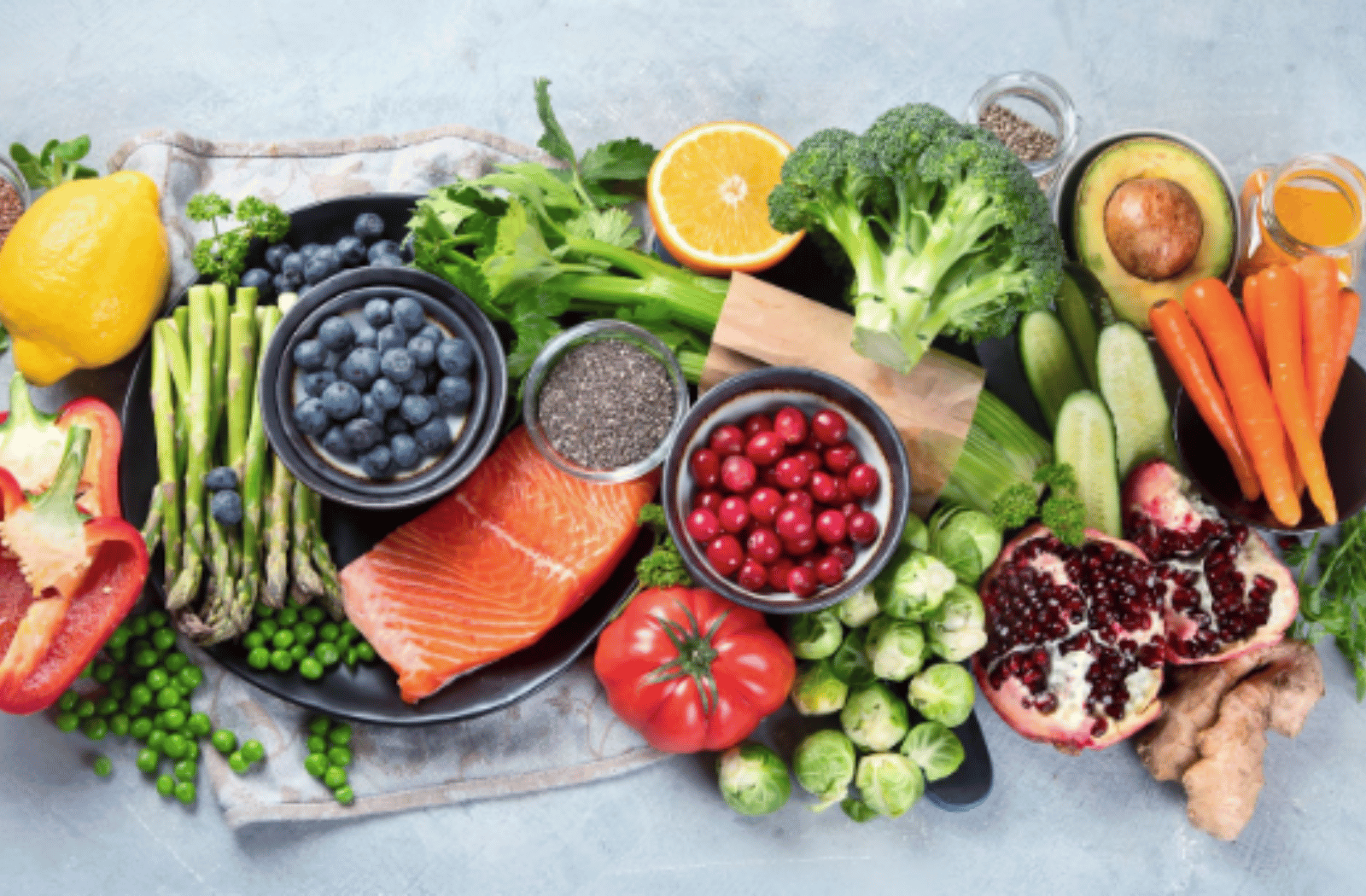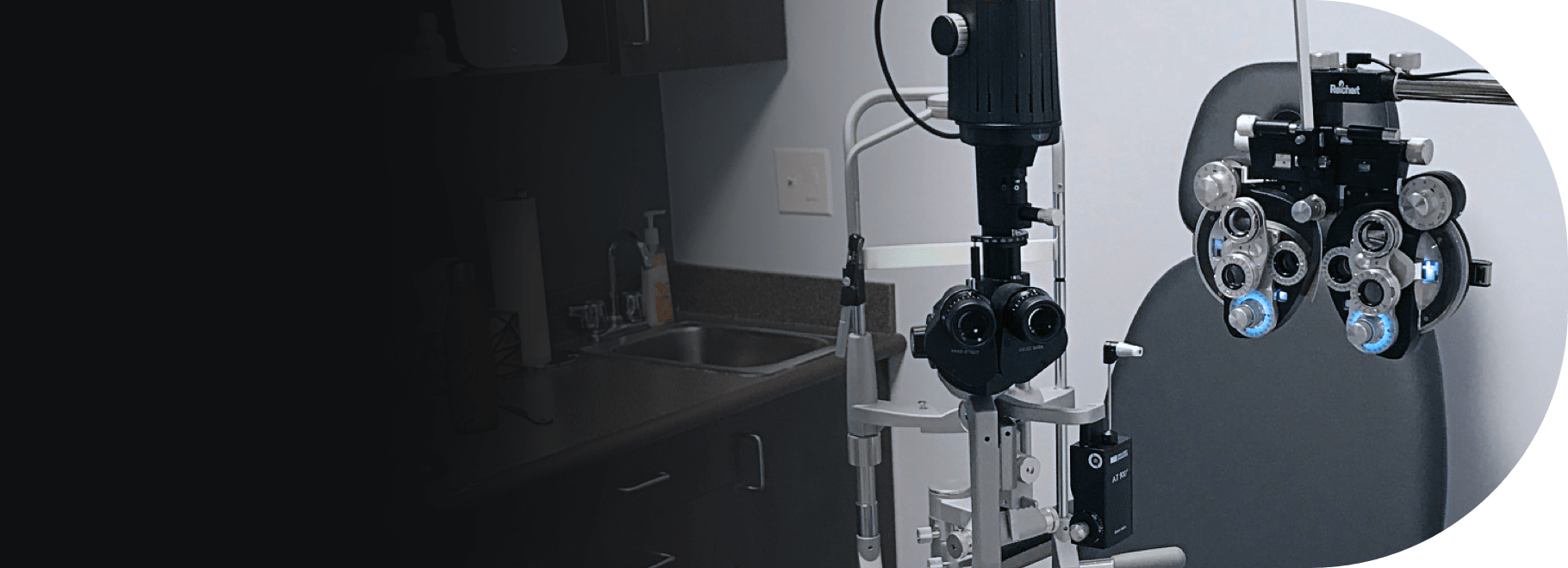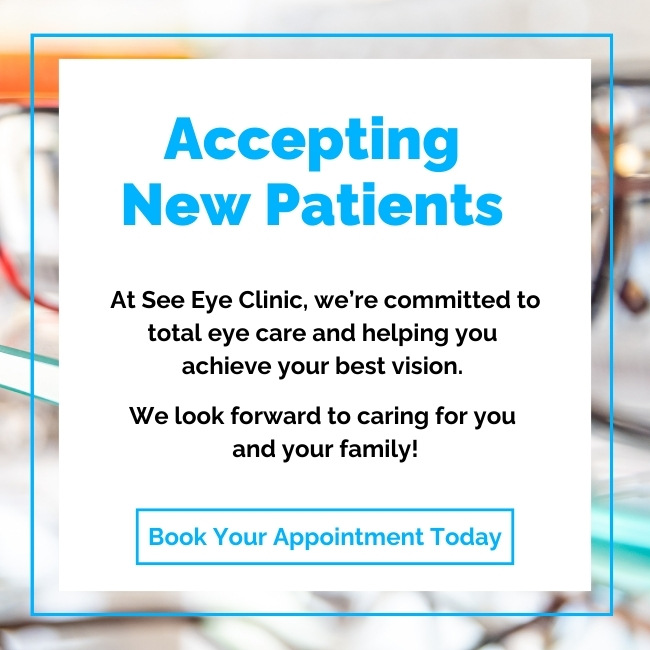That burning, gritty, stinging sensation in your eyes—that’s dry eye. It’s a lot more common than most people think and can be an extremely frustrating condition to deal with. Caused by a problem with your tear film, dry eye can develop due to all kinds of potential factors.
However, there’s one key player in your likelihood of developing dry eye: your diet and nutrition. A balanced diet is a core building block of staying healthy. So what vitamins are good for dry eyes?
To prevent dry eye, try to eat foods rich in:
- Omega-3 fatty acids
- Vitamin A
- Vitamin B12
- Vitamin C
- Vitamin D
What Causes Dry Eye?
Whenever you blink, you’re spreading a thin layer of tears across your eye’s surface. These tears—a complex mixture of water, oils, and mucus—help give your eye lubrication, nourishment, and protection.
However, this tear film isn’t always stable. It can become unbalanced or insufficient, leaving the eyes exposed and unprotected. When this happens, it’s called “dry eye“—that easily recognizable feeling of burning and gritty eyes.
Several factors can contribute to this condition, including:
- The natural aging process
- Hormonal changes, particularly in women during menopause
- Certain medications, such as antihistamines, antidepressants and birth control pills
- Medical conditions, such as autoimmune disorders, diabetes and thyroid problems
- Environmental factors, like dry climates, wind and humidity levels
Dry eye can be both temporary and chronic. Some people only experience symptoms occasionally, while others deal with it constantly. It’s crucial to recognize the signs of dry eye; this way, you can seek treatment sooner rather than later and find relief from your dry eyes.
The Symptoms of Dry Eye
Dry eye can manifest in several different ways. The most obvious symptom is burning sensations in the eyes, almost like there’s a piece of dirt or dust trapped under the eyelid. This inflammation can be long-lasting and irritating.
Other symptoms of dry eye include:
- Stinging, burning or scratchy sensations in the eyes
- Redness and irritation
- Blurred vision or eye fatigue
- Excessive tearing, particularly in windy or cold conditions
- Stringy mucus in or around the eyes
- Sensitivity to light
- Difficulty wearing contact lenses
In some cases, dry eye can even lead to long-term damage to your vision. When the eye is unprotected for too long, you’re at a higher risk of scratching your cornea and permanently scarring the tissue. So what can you do?
Tips for Preventing Dry Eye
Dry eye can be extremely irritating to deal with. Fortunately, there are some steps you can take to minimize the risk of developing this condition. Try to:
- Stay hydrated by drinking plenty of water throughout the day
- Use a humidifier to add moisture to the air, especially in dry environments
- Wear protective eyewear, such as wraparound sunglasses, to shield your eyes from wind and dust when you’re outside
- Make sure to follow a proper sleep schedule—it’s the foundation of a healthy lifestyle
- Consider using artificial tears or lubricating eye drops to supplement your natural tear production
However, there’s also one big factor to think about: your nutrition.
Diet & Dry Eyes
To make your tear film, your eyes need a certain mixture of nutrients, vitamins, and minerals. These help create a proper balance so your eyes can stay protected.
So, to make sure you’re giving your eyes what they need, try to incorporate these into your diet:
- Omega-3 fatty acids
- Vitamin A
- Vitamin B12
- Vitamin C
- Vitamin D
If you can’t work these into your natural diet, try talking to your optometrist about trying supplements—this can make a big difference!

Omega-3 Fatty Acids
Omega-3 fatty acids are crucial for maintaining the oily layer of your tear film—the layer that prevents your tears from evaporating too quickly. This can be found in:
- Fatty fish, such as salmon, mackerel and sardines
- Flaxseeds and chia seeds
- Walnuts
- Soybeans and tofu
Vitamin A
Vitamin A is essential for producing mucus, which forms the innermost layer of the tear film. This vitamin also helps maintain the health of the eye’s surface. Good sources of vitamin A include:
- Leafy green vegetables, like spinach and kale
- Orange and yellow fruits and vegetables, such as carrots, sweet potatoes and mangoes
- Eggs
- Dairy products, like milk and yogurt
Vitamin B12
Vitamin B12 has plenty of benefits. It plays a role in the health of the optic nerve and can help reduce the risk of dry eyes. Foods high in vitamin B12 include:
- Meat, poultry and fish
- Eggs
- Dairy products
- Fortified cereals and plant-based milk alternatives
Vitamin C
Vitamin C is a potent antioxidant that helps protect the eyes from oxidative stress and inflammation, which can contribute to dry eyes. Good sources of vitamin C include:
- Citrus fruits, like oranges and grapefruits
- Berries, such as strawberries and blueberries
- Bell peppers
- Broccoli and brussels sprouts
Vitamin D
Vitamin D can help reduce inflammation in the eyes, helping deal with the tell-tale symptoms of dry eye. The best sources of vitamin D are:
- Sunlight exposure (in moderation)
- Fatty fish, like salmon and tuna
- Egg yolks
- Fortified dairy products and cereals
Keeping Your Eyes Healthy
Preventing dry eye is a crucial step towards enjoying long-lasting relief, but professional care can help. If you’re dealing with dry, burning eyes, come talk to our team at See Eye Clinic to discuss dry eye therapy. We are here to help you, so book an appointment with us today, and take the first step toward finding relief from your dry eyes!




















